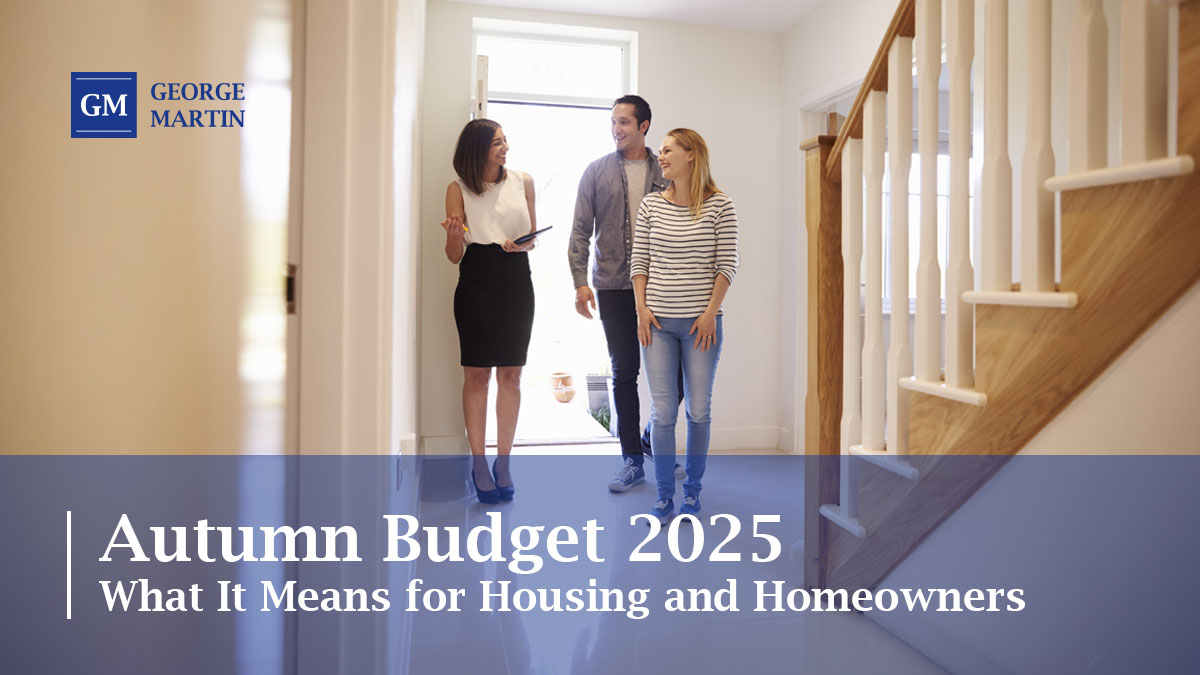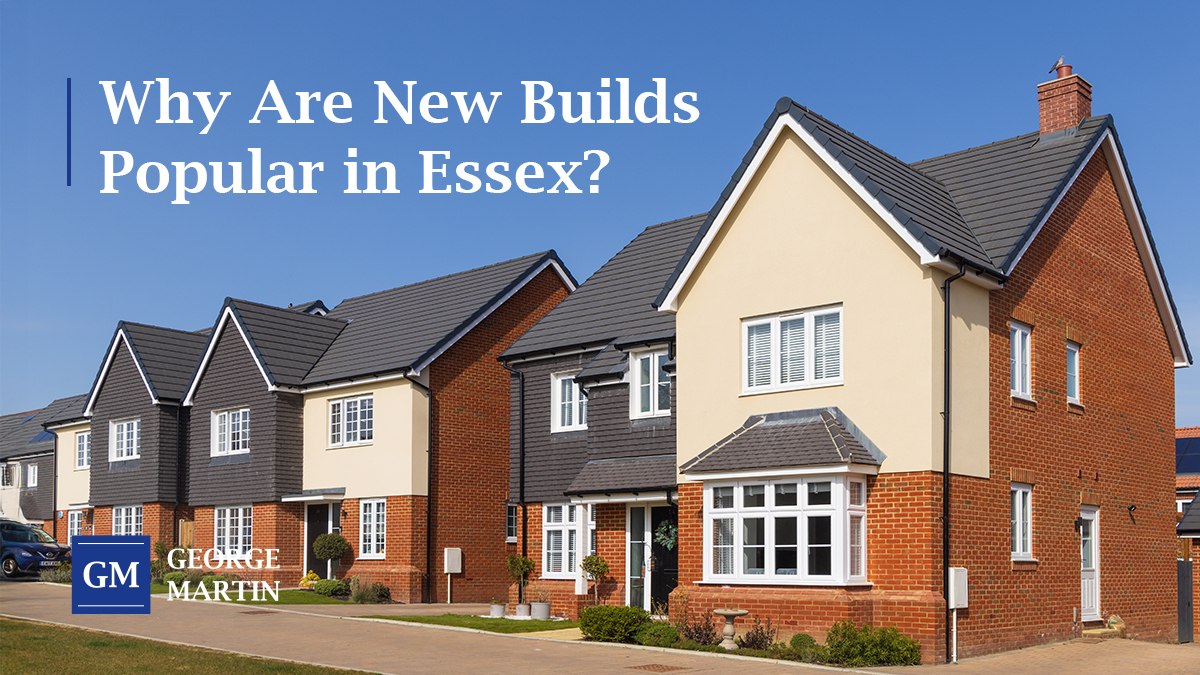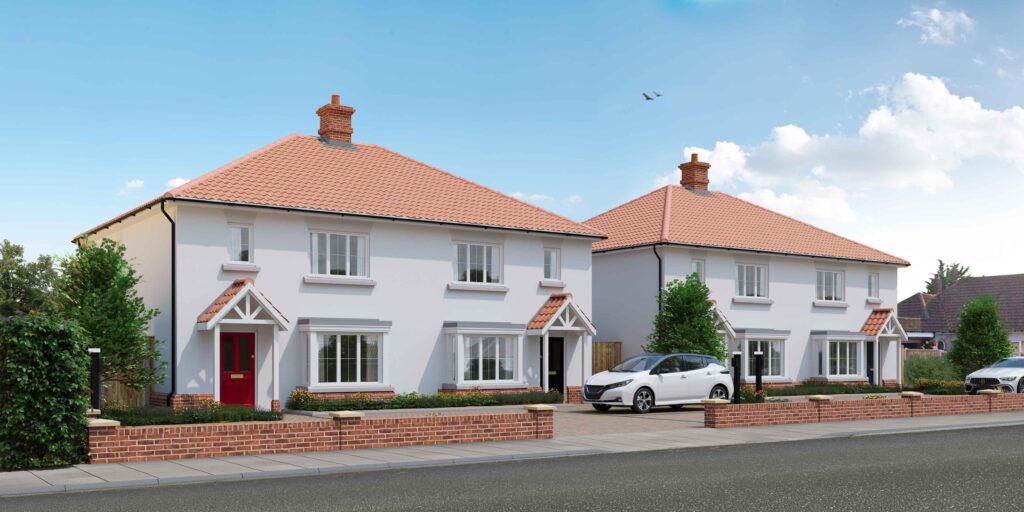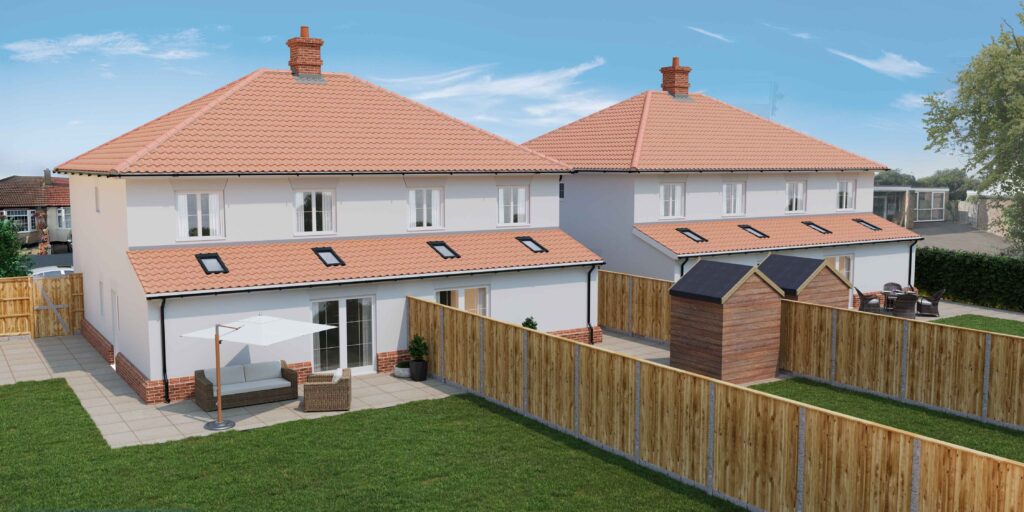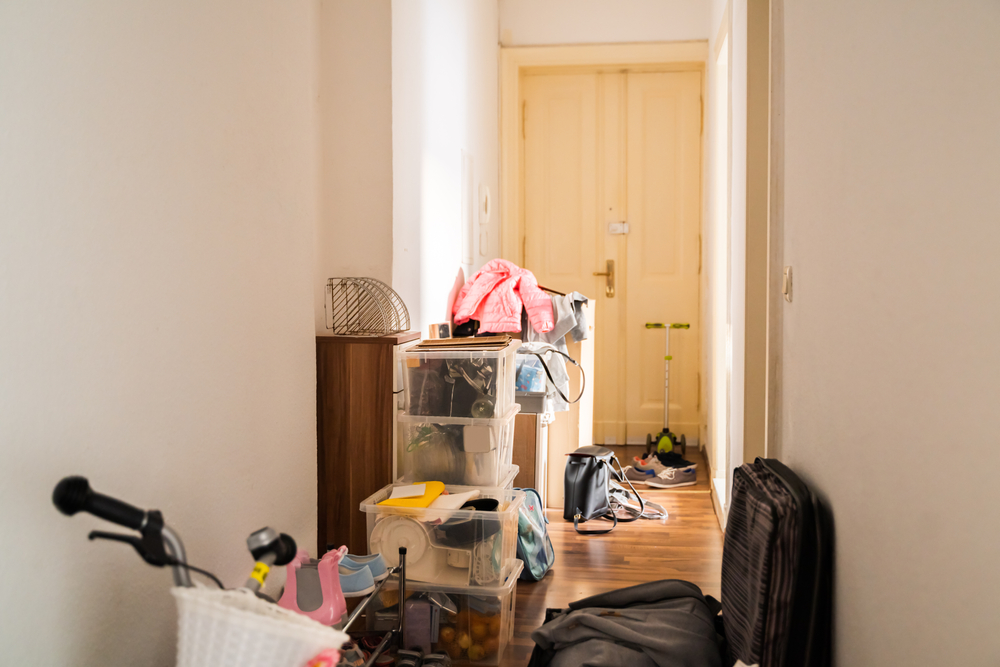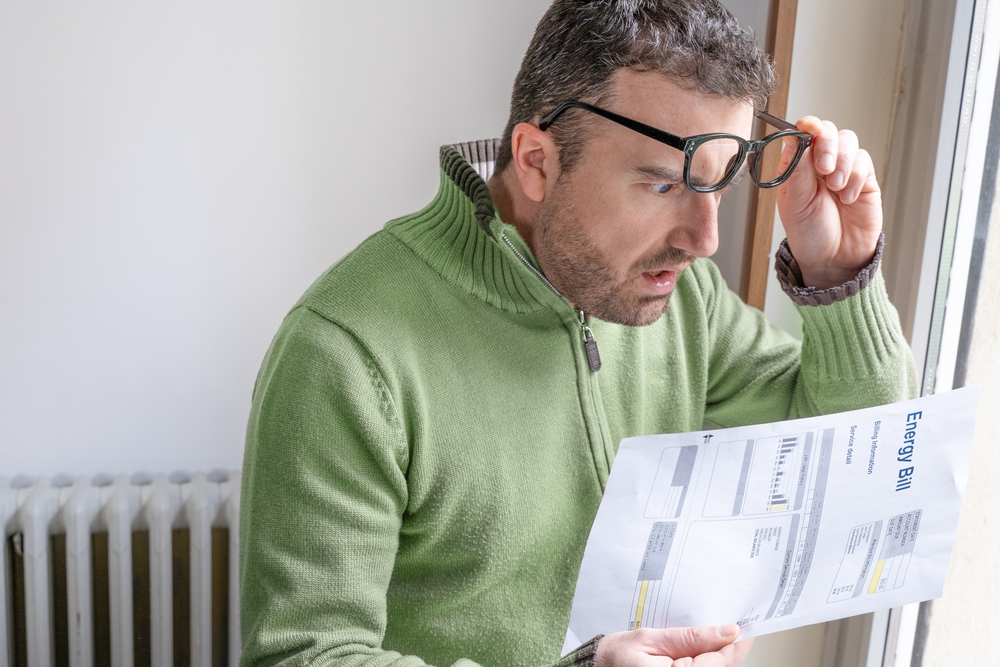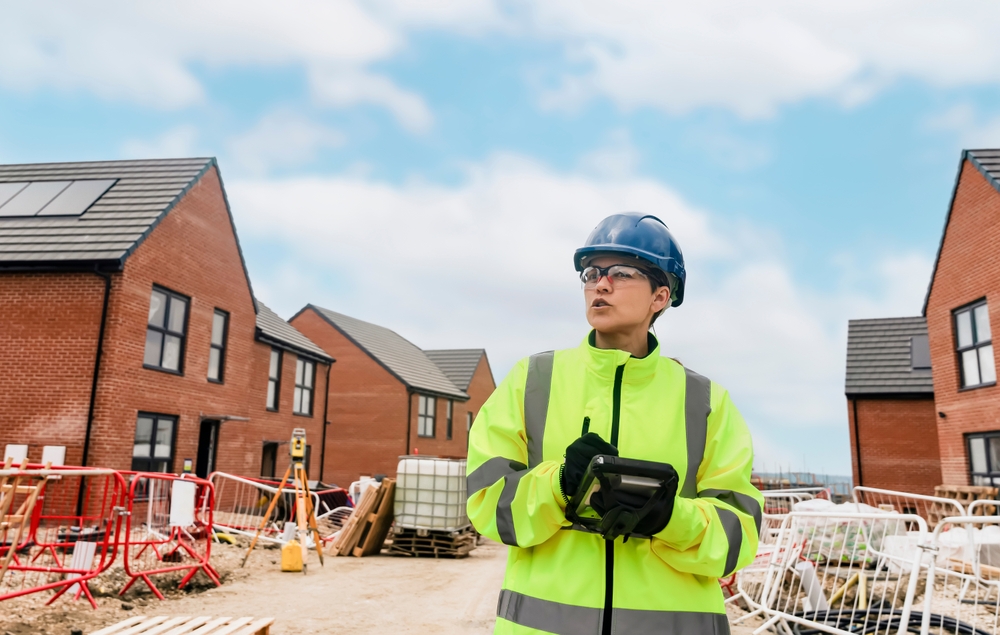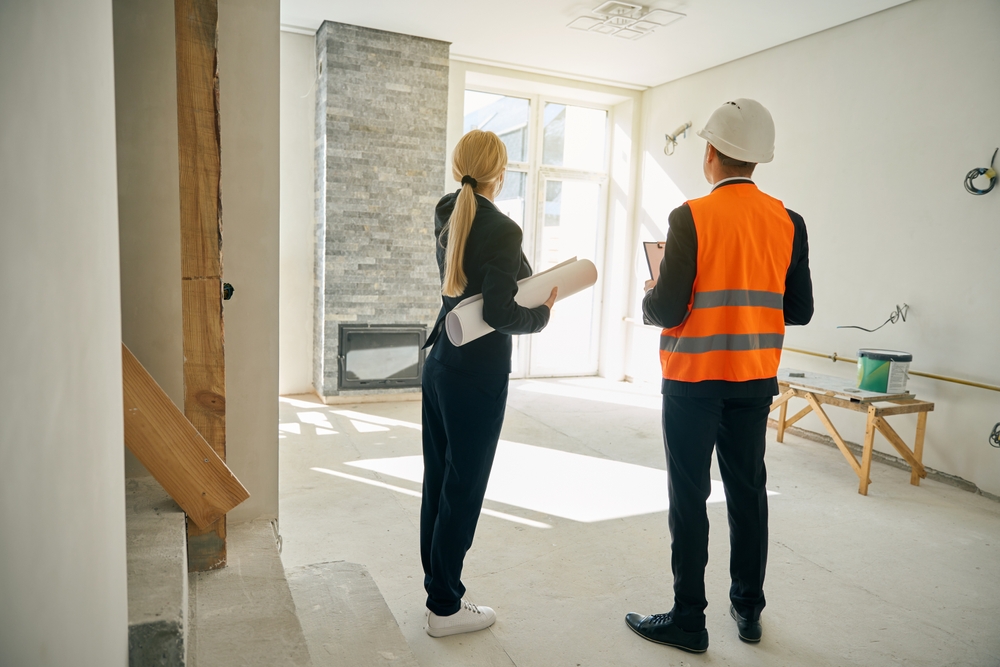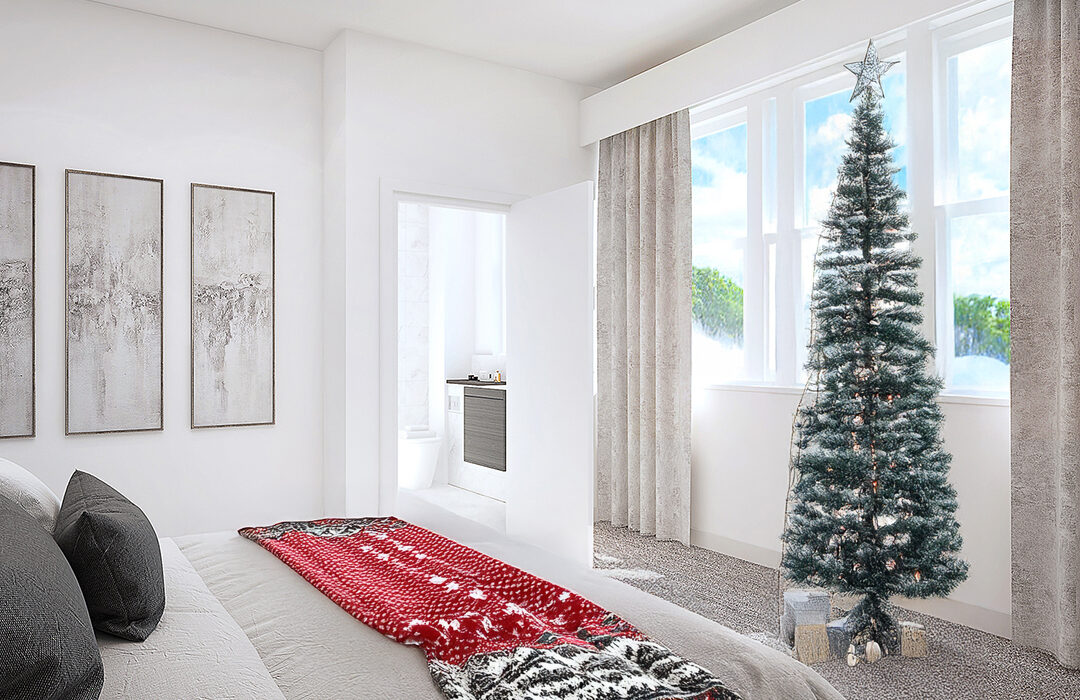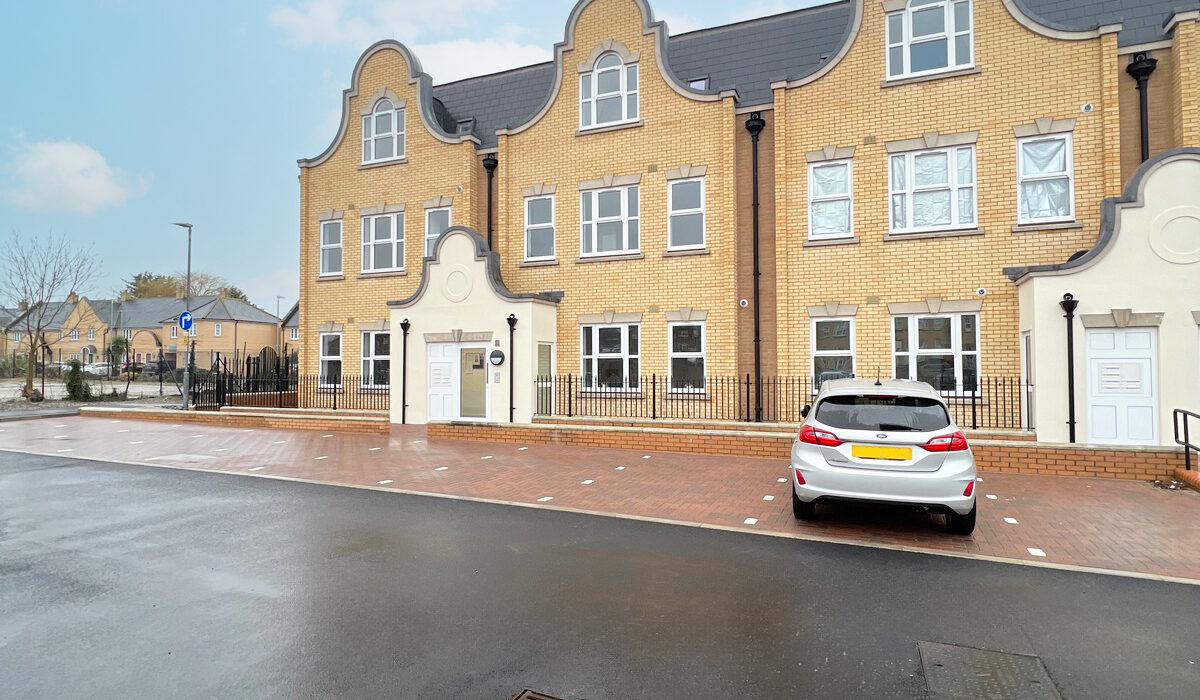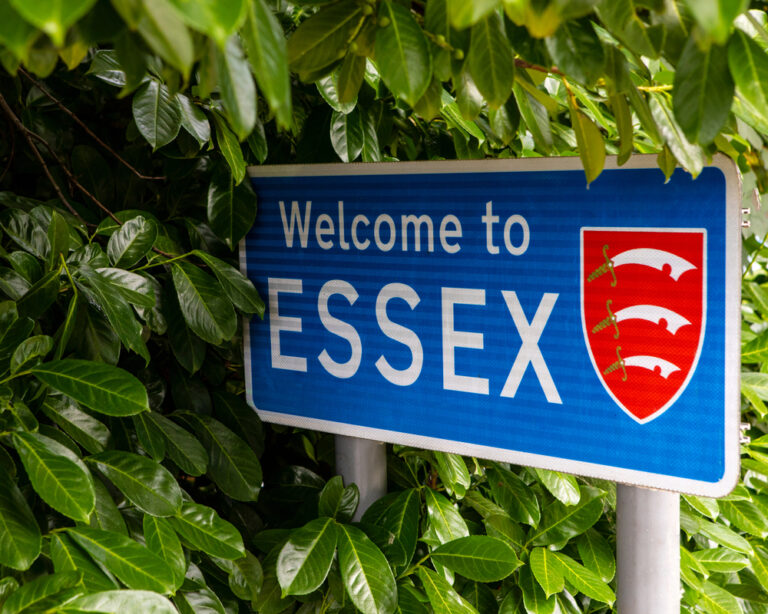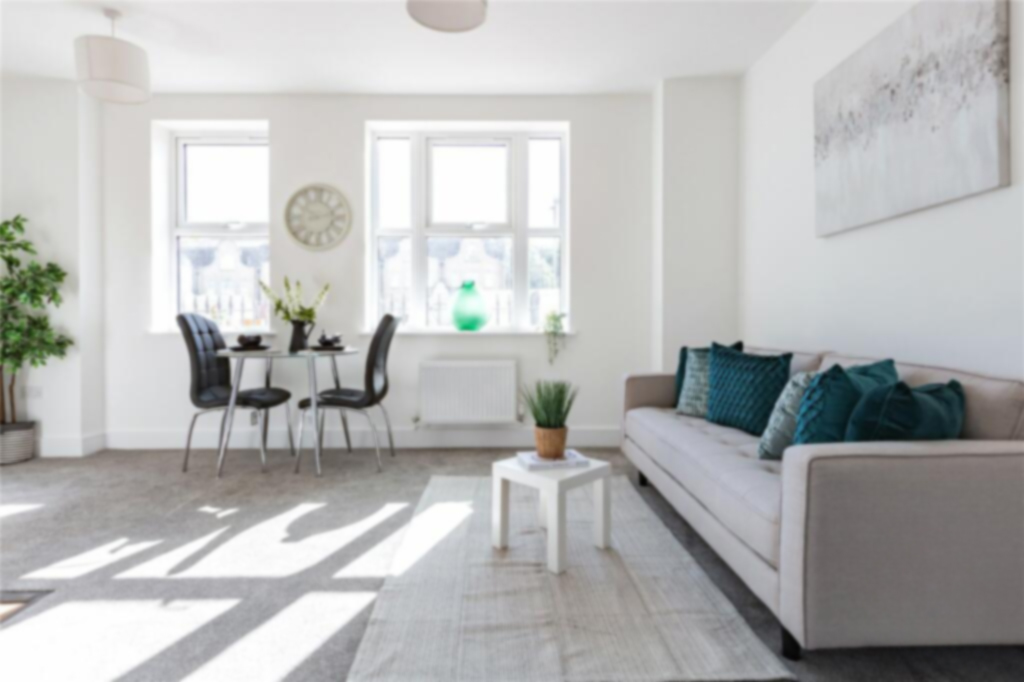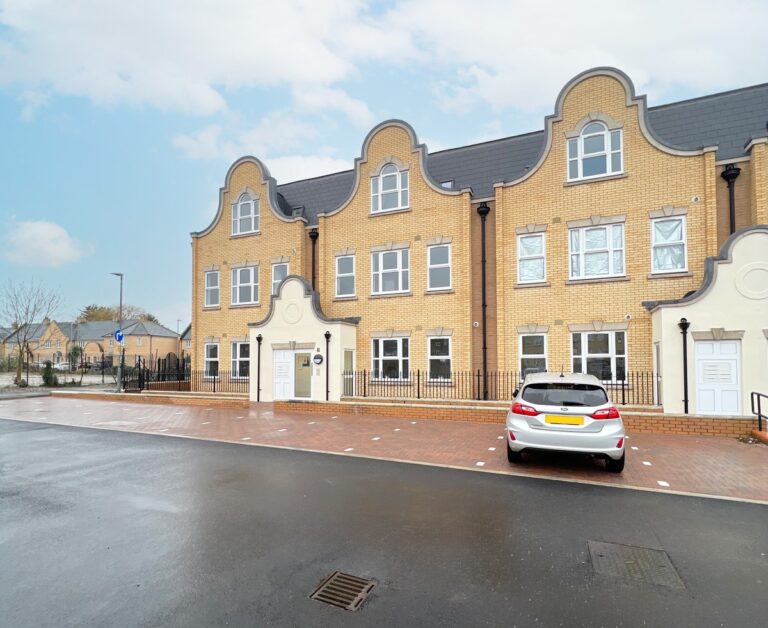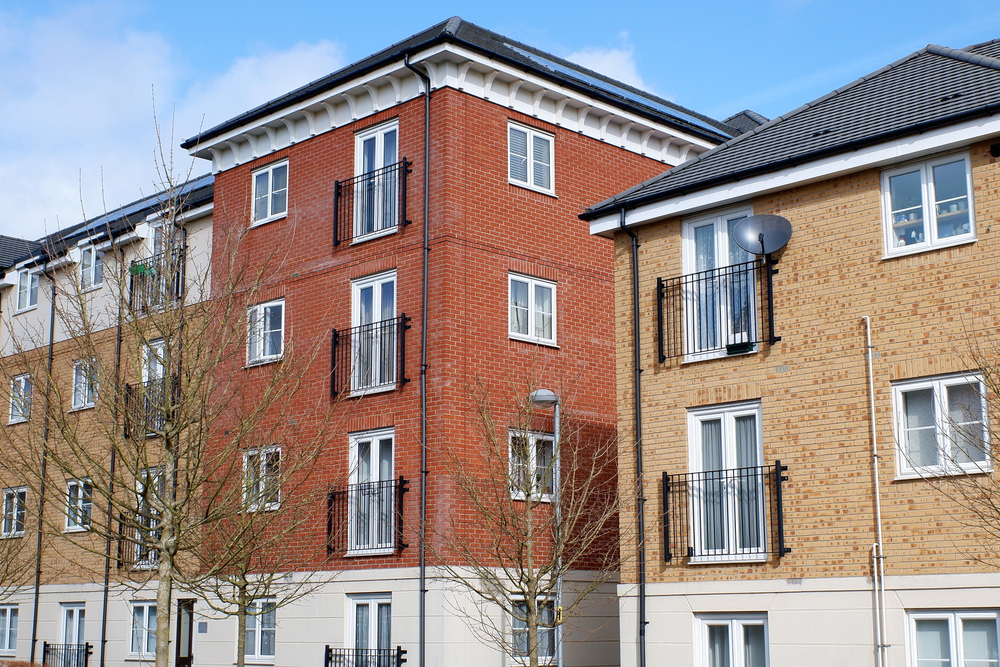Autumn Budget 2025: What It Means for Housing and Homeowners
The UK Budget 2025, delivered by Chancellor Rachel Reeves, has introduced a number of measures that will shape the housing market, affect homeowners, landlords, and property investors, and influence decisions for years to come.This continuity is expected to help activity in places like Essex and southern England. Many homes in these areas are in this price range.
Known as the Autumn Budget 2025, this announcement provides clarity for many parts of the market while introducing targeted tax rises and new policies that will have implications for high-value homes, rental income, and savings. At George Martin Limited, with decades of experience in property development and management across Essex and the South East, we explain what these changes mean for you and how to prepare.
Mansion Tax on High-Value Homes
One of the most discussed measures in the Autumn Budget 2025 is the so-called “mansion tax.” From April 2028, homes valued over £2 million will face an annual surcharge on top of council tax.
Homes worth between £2 million and £2.5 million will pay £2,500, while properties valued over £5 million will face an annual charge of £7,500. The surcharge is paid by the property owner, not the occupier.
The government plans to conduct a valuation exercise every five years to ensure properties are assigned to the correct band.The UK Budget 2025, presented by Chancellor Rachel Reeves, has introduced several measures. These will shape the housing market and impact homeowners, landlords, and property investors. These changes will influence decisions for years to come.
Although only around 0.5% of UK homes fall into this category, most of these high-value properties are concentrated in London and the South East. The introduction of the mansion tax is likely to have a ripple effect throughout the housing market. While the immediate impact may be limited to the top end, it could influence buyer confidence and pricing strategies across other market segments. Investors and homeowners in these regions should carefully consider how this surcharge might affect property values and the timing of potential sales.
Colleen Babcock, a property expert, warns that while the mansion tax is designed to target the highest-value homes, a slower market at the top can indirectly affect the broader housing market. The speculation leading up to the announcement has already contributed to a decrease in sales for properties valued above £2 million. As the April 2028 implementation date approaches, homeowners and investors may want to plan their moves strategically.
Tax Rises for Landlords and Rental Income
The Autumn Budget 2025 also increases property income tax rates for landlords. From April 2027, the basic, higher, and additional rates will rise by 2%, moving to 22%, 42%, and 47% respectively. These tax rises are designed to generate revenue for the Treasury, as noted by the Office for Budget Responsibility.
For landlords, this increase will reduce net returns on rental properties, particularly for those with smaller portfolios or lower rental yields. Some landlords may respond by increasing rents to offset the higher taxes, while others may consider exiting the rental market entirely. These changes could lead to a tightening of rental supply and potentially higher rents for tenants in some areas.
The impact of these tax rises is amplified by previous policy changes, such as higher mortgage interest rates, compliance costs, and increased stamp duty on additional properties. While some larger investors operating through limited companies may be less affected, individual landlords will need to carefully assess their financial positions and strategies to maintain profitability.
Stamp Duty Stability
Despite widespread speculation ahead of the Autumn Budget 2025, there are no changes to stamp duty. For homebuyers, particularly those in mid-range markets, this brings welcome stability. Buyers can plan property purchases with confidence, knowing that homes under £500,000 will not face new annual taxes and that the stamp duty system remains unchanged. This continuity is expected to support activity in areas such as Essex and southern England, where a significant proportion of homes are within this price range.
By removing the uncertainty surrounding property taxes on homes under £500,000, the government is helping to maintain buyer confidence and encourage market movement. Sellers also benefit, as they do not need to adjust asking prices to account for additional charges, preserving affordability for buyers.
First-Time Buyers and ISA Changes
The Autumn Budget 2025 includes measures aimed at supporting first-time buyers. In early 2026, the government plans to consult on a new ISA product designed to replace the Lifetime ISA. This new, simpler product is expected to make saving for a deposit more accessible and may offer greater flexibility than the current Lifetime ISA, which provides a 25% bonus on savings but has limits on property value and annual contributions.
Cash ISAs for under-65s will also see changes, with the annual savings limit reduced from £20,000 to £12,000. Over-65s retain the full allowance. These changes, along with new rules for personal savings allowances, mean that taxpayers will face higher taxes on savings income above the allowance, with basic-rate taxpayers paying 22%, higher-rate payers 42%, and additional-rate taxpayers 47%. Understanding these rules will be important for first-time buyers and savers looking to maximise contributions toward a property deposit.
Energy Efficiency and Household Costs
While the Autumn Budget 2025 aims to reduce household energy bills, it also withdraws certain support measures for home energy efficiency. This includes ending the Energy Companies Obligation scheme, which previously helped insulate homes. Although average bills are expected to fall by around £150 per household in 2026, homeowners will need to consider the longer-term costs of energy efficiency improvements.
For those planning to move or invest in property, factoring in potential energy costs and improvements will be critical. Upgrading homes now can lead to long-term savings and increase property value, which is especially relevant for landlords navigating new tax rises and tighter rental margins.
Planning Ahead: Practical Advice
Homeowners, landlords, and buyers can take practical steps to prepare for the changes announced in the Autumn Budget 2025. Reviewing mortgage deals is essential, especially for those on standard variable rates, as refinancing or remortgaging can secure lower monthly payments. For landlords, recalculating rental income and expenses will help assess the impact of the 2% property income tax increase.
Investors may also explore ways to maximise returns from existing property, such as renting out spare rooms, offering short-term rentals, or using unused space for storage. First-time buyers should begin planning their savings strategy, considering both the current Lifetime ISA limits and the upcoming consultation on a replacement ISA product in April 2026.
What This Means for the Housing Market
The Autumn Budget 2025 provides a mixed picture for the housing market. The mansion tax affects a small proportion of high-value homes, but its introduction may influence pricing strategies and investor confidence in London and the South East. Tax rises on rental income could lead to higher rents and reduced rental supply, while stability in stamp duty supports activity in mid-range markets.
For property investors, homeowners, and tenants, the key takeaway is that careful planning is now more important than ever. Understanding upcoming taxes, monitoring changes to ISA products, and assessing energy efficiency requirements will help ensure that property investments remain profitable and sustainable.
George Martin Limited: Guiding You Through Change
At George Martin Limited, we have over 60 years of experience in residential and commercial property development across Essex and the South East. Our expertise allows us to help clients navigate complex market changes, including those introduced in the Autumn Budget 2025.
Whether you are a first-time buyer, a seasoned investor, or a landlord managing a portfolio, understanding how these new rules affect your property decisions is critical. We provide tailored advice to help you plan your purchases, manage costs, and maximise returns.
By focusing on quality homes and responsible development, George Martin Limited ensures that our clients can make informed property decisions in a changing market. Even with upcoming tax rises and new regulations, investing in well-built, strategically located properties remains a sound long-term choice.
Final Thoughts
The Autumn Budget 2025 demonstrates that targeted tax changes, such as the mansion tax and property income tax increases, will have a measurable impact on homeowners, landlords, and investors. At the same time, the government has maintained stability for mid-range buyers and preserved the stamp duty system.
Planning, financial awareness, and expert guidance are now more important than ever. George Martin Limited continues to support clients through these changes, offering insights and advice to ensure property decisions remain informed and beneficial. Understanding the implications of the UK Budget 2025 is the first step toward making confident choices in a dynamic housing market.

